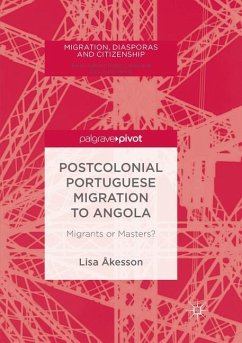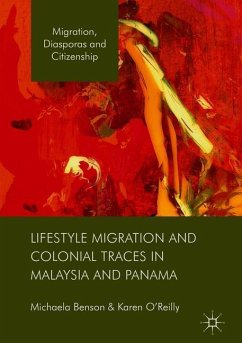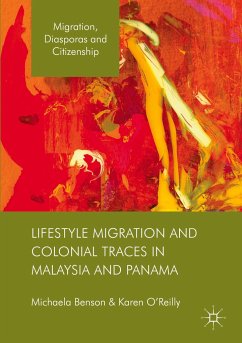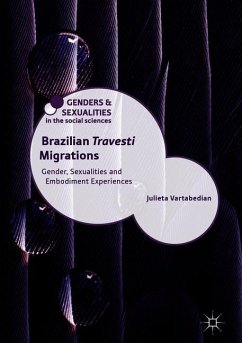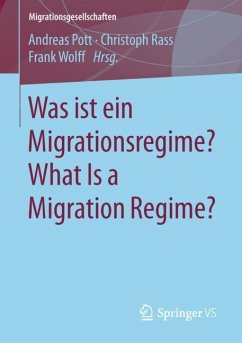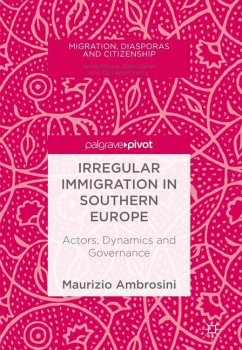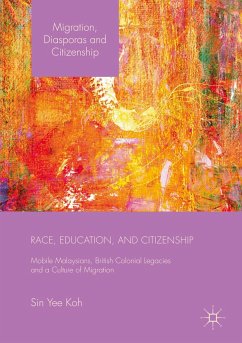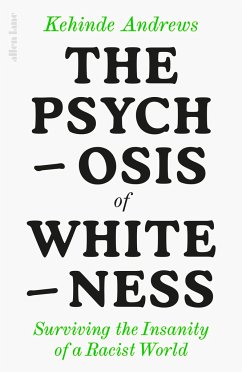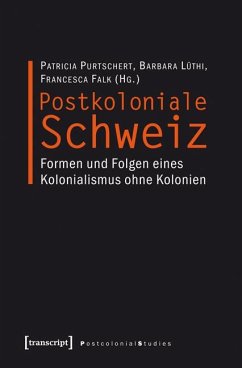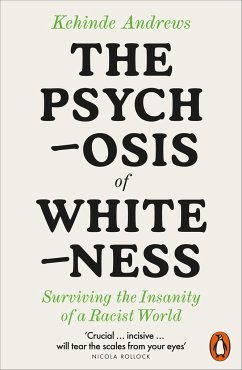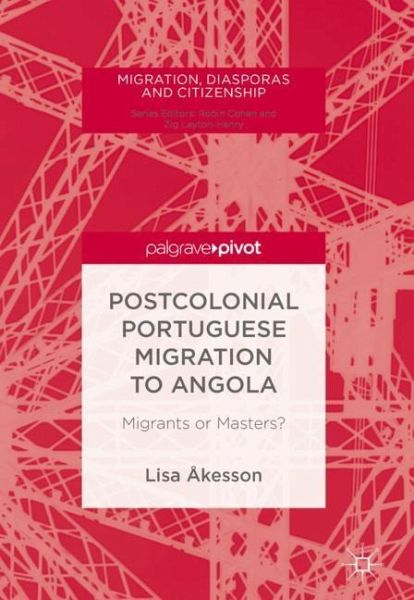
Postcolonial Portuguese Migration to Angola
Migrants or Masters?
Versandkostenfrei!
Versandfertig in 6-10 Tagen
38,99 €
inkl. MwSt.
Weitere Ausgaben:

PAYBACK Punkte
19 °P sammeln!
Grounded in extensive and original ethnographic fieldwork, this book makes a novel contribution to migration studies by examining a European labour migration to the Global South, namely contemporary Portuguese migration to Angola in a postcolonial context. In doing so, it explores everyday encounters at work between the Portuguese migrants and their Angolan "hosts", and it analyses how the Luso-African postcolonial heritage interplays with the recent Portuguese-Angolan migration in the (re-)construction of power relations and identities. Based on ethnographic interviews, the book describes the...
Grounded in extensive and original ethnographic fieldwork, this book makes a novel contribution to migration studies by examining a European labour migration to the Global South, namely contemporary Portuguese migration to Angola in a postcolonial context. In doing so, it explores everyday encounters at work between the Portuguese migrants and their Angolan "hosts", and it analyses how the Luso-African postcolonial heritage interplays with the recent Portuguese-Angolan migration in the (re-)construction of power relations and identities. Based on ethnographic interviews, the book describes the Angolan-Portuguese relationship as characterized not only by hierarchies of power, but also by ambivalence and hybridity. This research demonstrates that the identities of the ex-colonized Angolan and the Portuguese ex-colonizer are shaped by a history of unequal and violent power relations. Further, it reveals how this history has produced a sense of intimacy between the two, and the oftenfraught nature of this relationship. Combining a strong connection to the field of migration studies with a postcolonial perspective, this original work will appeal to students and scholars of migration, postcolonial studies, the sociology of work and African Studies.





